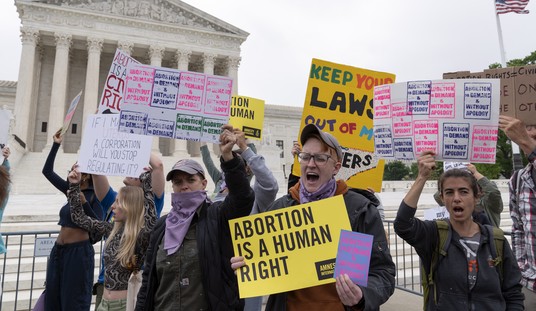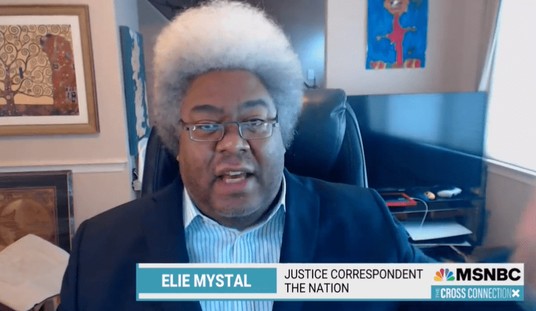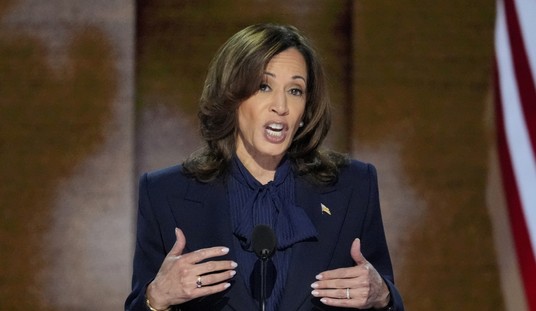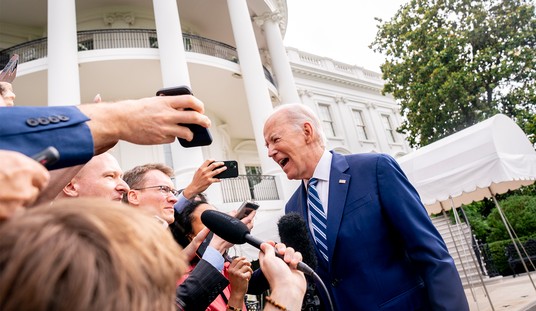This evening the House GOP released its draft of a bill that will attempt to repeal ObamaCare and replace it with something that is cheaper, less offensive to liberty, and actually works. Health care is not a subject that I can discuss without the risk of beclowning myself so I’m going to lay out the salient points. By tomorrow the experts will have weighed in.
First the bad part. This reads, to the untrained eye, like the individual mandate. Call me crazy but I thought we were against that.
Under GOP bill, anyone who goes w/o health coverage for two months or more would face a 30% surcharge on premiums for a year. pic.twitter.com/krmLYLTOTn
— Kyle Cheney (@kyledcheney) March 6, 2017
This is the UPDATE. As I warned you, I’m not a health care person and I misinterpreted this as a mandate. What it is is a penalty when you buy insurance if you’ve been without it for a period of time. My mistake. Mea culpa, mea culpa, mea maxima culpa.
This is from TPM but fairly dispassionate.
The legislation would transform Medicaid into a block grant with a per capita cap, meaning states would received a fixed amount of funding per enrollee to the program. The expanded Medicaid program some states opted into under the ACA would be allowed to continue until 2020, at which point expansion states would freeze their enrollments.
The tax-related provisions of repeal were included in separate legislation filed to the House Ways and Means Committee. That bill would replace the ACA’s subsidies for the individual exchanges with tax credits that can be used on any individual plan. The tax credits would increase according to age, but would taper off for high-income individuals, drying up completely for individuals making more than $75,000 a year.
The repeal bill would dismantle the ACA’s individual and employee mandates right away. Some of the law’s other taxes would be repealed at the end of this year, and while others would stay in effect until 2020.
Republicans, in the legislation, backed off from previous proposals to impose a major change to the tax treatment of employer plans. Instead, they would keep the ACA’s currently delayed Cadillac tax — a 40 percent levy on the most generous employer plans — but extend the delay until 2025.
From the New York Times
House Republicans unveiled their long-awaited plan to repeal and replace the Affordable Care Act, scrapping the mandate that nearly all Americans have health insurance and replacing it with a system of tax credits aimed at enticing Americans to purchase health care on the open market.
The bill’s unveiling set the stage for a bitter and consequential debate over the possible dismantling of the most significant health care law in a half-century. Republicans hope to undo major parts of President Barack Obama’s signature domestic achievement, including income-based tax credits that help millions of Americans afford insurance, taxes on people with high incomes and the penalty for people who do not buy health coverage.
Under the Republican plan, the income-based tax credits would be replaced with credits that would rise with age. In a late change, the plan was also expected to include language limiting who is eligible for the tax credits, so that affluent Americans would not receive them.
The two measures dismantle the core aspects of ObamaCare, including its subsidies to help people buy coverage, its expansion of Medicaid, its taxes and its mandates for people to have insurance.
In its place, Republicans would put in place a new system centered on a tax credit to help people buy insurance.
That tax credit would range from $2,000 to $4,000 a year, increasing with someone’s age. That system would provide less financial assistance for low-income and older people than ObamaCare, but it could give more assistance to younger people and those with higher incomes.
…
But under the bill, the repeal of the Medicaid expansion would not take effect until 2020, and Republicans would grandfather in current enrollees so that they can stay on the program. But once 2020 arrives, the federal government would no longer provide the extra federal funds that allow for expansion.
…
The bill would maintain ObamaCare’s protections for people with pre-existing conditions, who could still not be denied coverage. Instead of ObamaCare’s mandate, the bill would seek to encourage healthy people to sign up by allowing insurers to charge people 30 percent higher premiums if they have a gap in coverage.The measure also repeals ObamaCare’s taxes, such as the medical device tax and health insurance tax, starting in 2018.
The bill scraps a controversial Republican proposal in earlier drafts to start taxing some employer-sponsored health insurance programs. Instead, the measure would keep ObamaCare’s “Cadillac tax” on generous healthcare plans starting in 2025 in order to prevent that legislation from adding to the deficit in that decade.
A lot of conservatives have already come out against it. As have a lot of our squishes. No matter what this is just the opening shot in the battle. Once a draft bill is out, negotiations can start. Will we end up with something better or with an ObamaCare-minus that we own? Your guess is as good as mine.













Join the conversation as a VIP Member